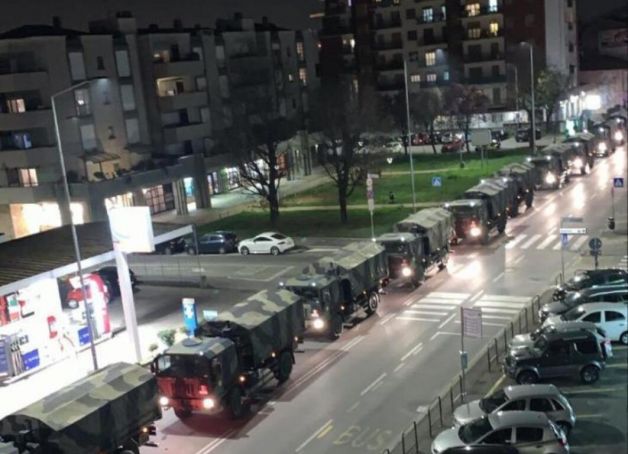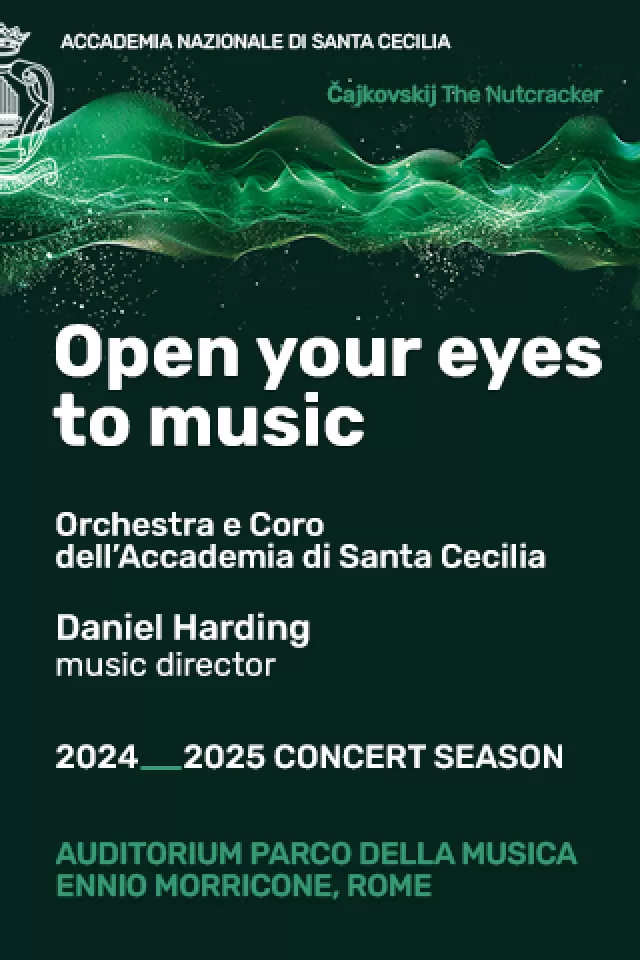Covid-19: Italy marks one year since first lockdown as death toll passes 100,000
Anniversary coincides with the prospect of new restrictions in Italy as well as some startling statistics: 3 million covid-19 cases and 100,000 deaths.
On this day last year former Italian premier Giuseppe Conte made an announcement that stunned the world: the entire country would be plunged into lockdown to combat the rising threat from coronavirus.
In a late-night televised address on 9 March 2020, Conte outlined the draconian measures which followed local lockdowns in northern areas of the country, including Milan and Venice, already reeling from the deadly grip of covid-19.
The nightmarish announcement, days after Italy shut down its schools and museums, came as the total number of coronavirus infections in Italy at the time neared 8,000 and the death toll reached 463.
One year later, with Italy facing the prospect of a new lockdown, the anniversary coincides with the grim milestones of 3 million covid-19 cases and 100,000 fatalities, according to the latest data from the health ministry.
A year ago this week Italians were asked to radically change their lifestyles, including "no more hugs and kisses" and an invitation to wear masks if they "suspected they might be sick."
Conte said that if people respected the guidelines Italy would "soon be able to raise its head again."
The official guidelines also assured that 'Made in China' products posed no coronavirus risk, and neither did parcels arriving from China, amid incidents of xenophobia against Chinese people.
There were media reports of rubbish piling up on streets in Rome's Esquilino area, home to the capital's Chinese community, as trash collection workers were afraid to pick up garbage.
A bar near the Trevi Fountain provoked controversy by placing a notice on its door banning "all people coming from China" from entering its premises.
With the eyes of the world now on Italy, particularly the hard-hit north, the country clung to a new-found message of hope: "Andrà tutto bene," meaning "Everything will be all right."
The movement had started a few weeks earlier in Milan, the capital of the northern Lombardia region, Italy's covid-19 epicentre, when citizens began leaving post-it notes with the hopeful message on random doors and shopfronts.
Children stuck at home began painting images of rainbows accompanied by the slogan, placing their masterpieces in the window of the family home to cheer up the neighbours.
Soon streets all over the country had hand-painted posters and sheets on display.
In the immediate aftermath of the lockdown announcement came the uplifting balcony singalongs, an impromptu movement that captured the hearts of the world.
Believed to have originated in Naples, the singsongs were embraced in towns and cities across Italy, including Rome.
There was a moving midday applause for the country's doctors, while in Naples whole districts took part in a flash mob switching their lights on and off, to salute "an imaginary astronaut."
Numerous countries, from the US and Russia to Cuba and Albania, rallied to Italy's side, sending help in the form of medical aid and doctors.
'Made in Italy' stepped in to play its part in the national emergency too, with both generosity and ingenuity.
In addition to massive donations, Italy's big business and fashion firms put their expertise and factories at the disposal of the national effort, with Armani swapping haute couture for medical overalls, Bulgari producing hand sanitiser instead of perfume, and Ferrari swapping the production of racing car engines for parts needed for respirators and ventilators.
It was a time of shocking visuals too: in addition to the horrific sight of crowded intensive care units and coffins stacked up in churches, there were scenes of "empty" cities, with formerly bustling squares covered in grass.
The sight of Pope Francis praying for an end to the coronavirus in a dark, deserted St Peter's Square, under heavy rain, made front pages of newspapers all over the world.
One year later, there are several vaccines to battle covid-19, however the vaccination programme in Italy has been dogged by delays caused by shortfalls in supply.
With daily infections in Italy reaching a three-month high last week, the government of Conte's successor Mario Draghi is now considering the introduction of tougher measures on top of the nation's current tiered system of covid-19 restrictions.
Yesterday Draghi committed to accelerating the country's sluggish vaccination campaign, promising "an exit path" is not far away, as he described the 100,000 deaths as something “we never could have imagined” one year ago.





















